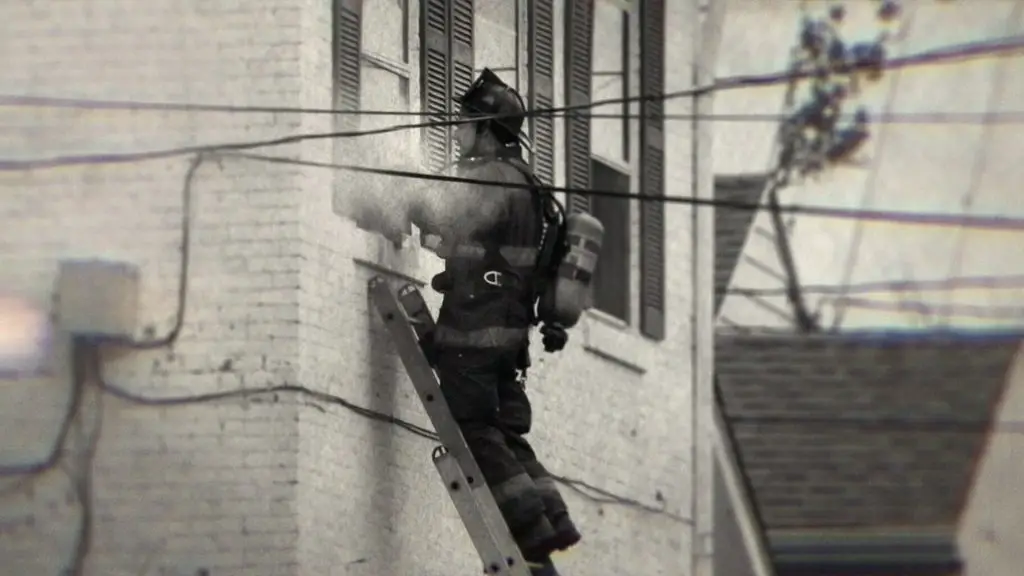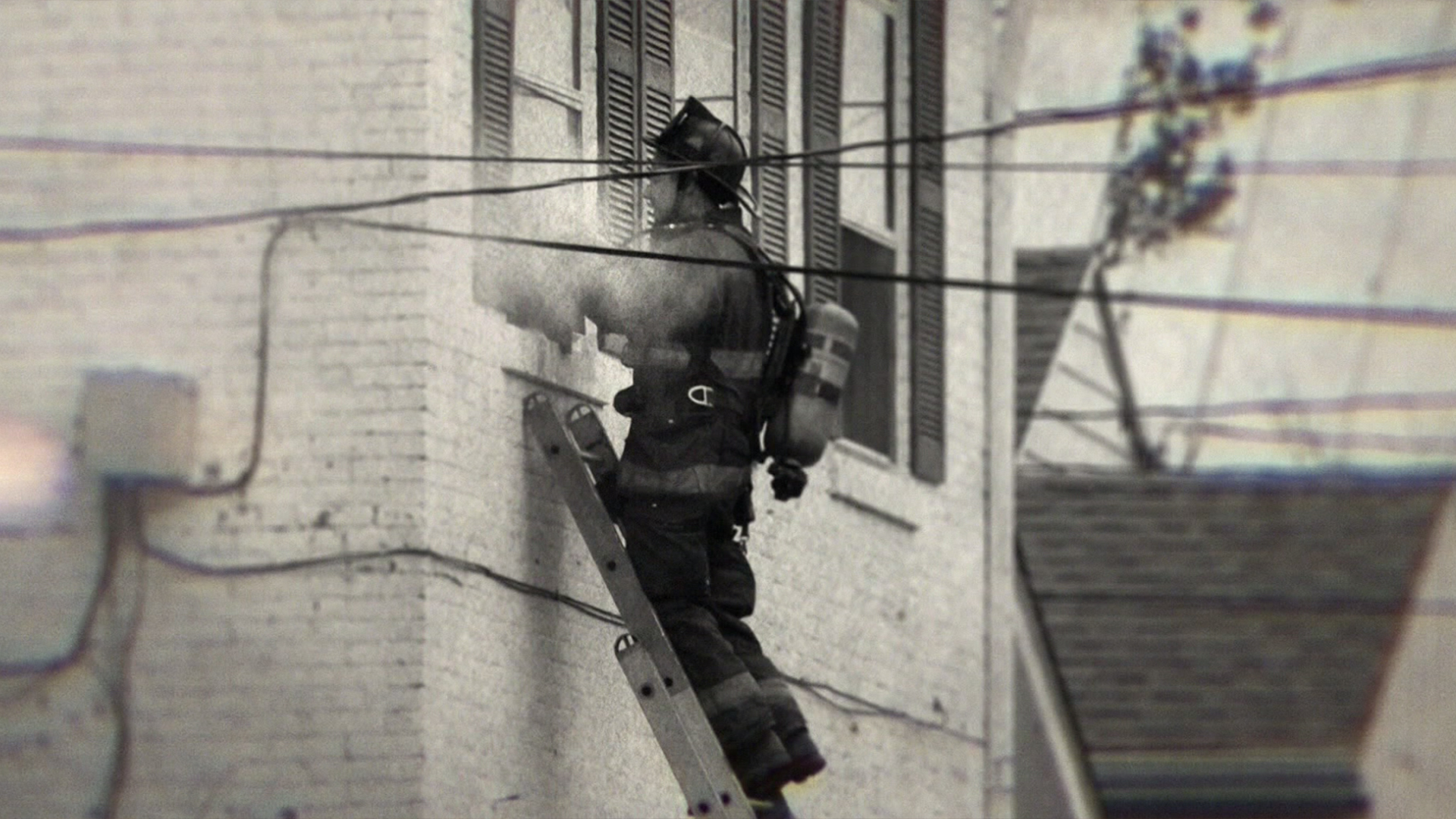Last night, Verizon launched a Super Bowl ad campaign honoring first responders, months after a scandal over throttling firefighters during a wildfire crisis in California.
The ad includes interviews with first responders and ends with a message from Verizon: “First responders answer the call. Our job is to make sure they can get it.” The ad then directs viewers to a website, AllOurThanks.com, which includes interviews with NFL athletes explaining how first responders came to their aid during emergencies.
THE COMPANY IS DONATING MONEY TO FIRST RESPONDERS
Verizon says on the website that it is working with the Gary Sinise Foundation, which gives to first responders and their families, and it will send $1 for mentions of the campaign on social media. The website also says that Verizon has created “a dedicated lane for first responders” to keep their service working during network backups.

While some Super Bowl viewers may have missed the subtext, the campaign follows criticism over Verizon’s work with firefighters during last year’s California wildfires. As part of a lawsuit filed last year challenging the Federal Communication Commission’s repeal of net neutrality rules, Santa Clara County disclosed a harrowing story: firefighters had their data speeds slowed by Verizon as they were battling flames. Verizon has said the Santa Clara incident had “nothing to do with net neutrality.”
“What happened in Santa Clara was a one-time, isolated incident,” a Verizon spokesperson said in a statement. “We made a mistake in failing to follow our own practice to waive data restrictions when the issue first came up. Once we learned of our mistake, we took steps to ensure that, regardless of the plan they’re on, first responders will not encounter data restrictions during times of a declared emergency.”
Santa Clara County also appeared last week in a federal courtroom for oral arguments in the net neutrality case. The court raised questions about the potential for service providers to slow speeds during crises, and questions about whether the FCC properly accounted for that possibility emerged as a key point in the proceeding.

